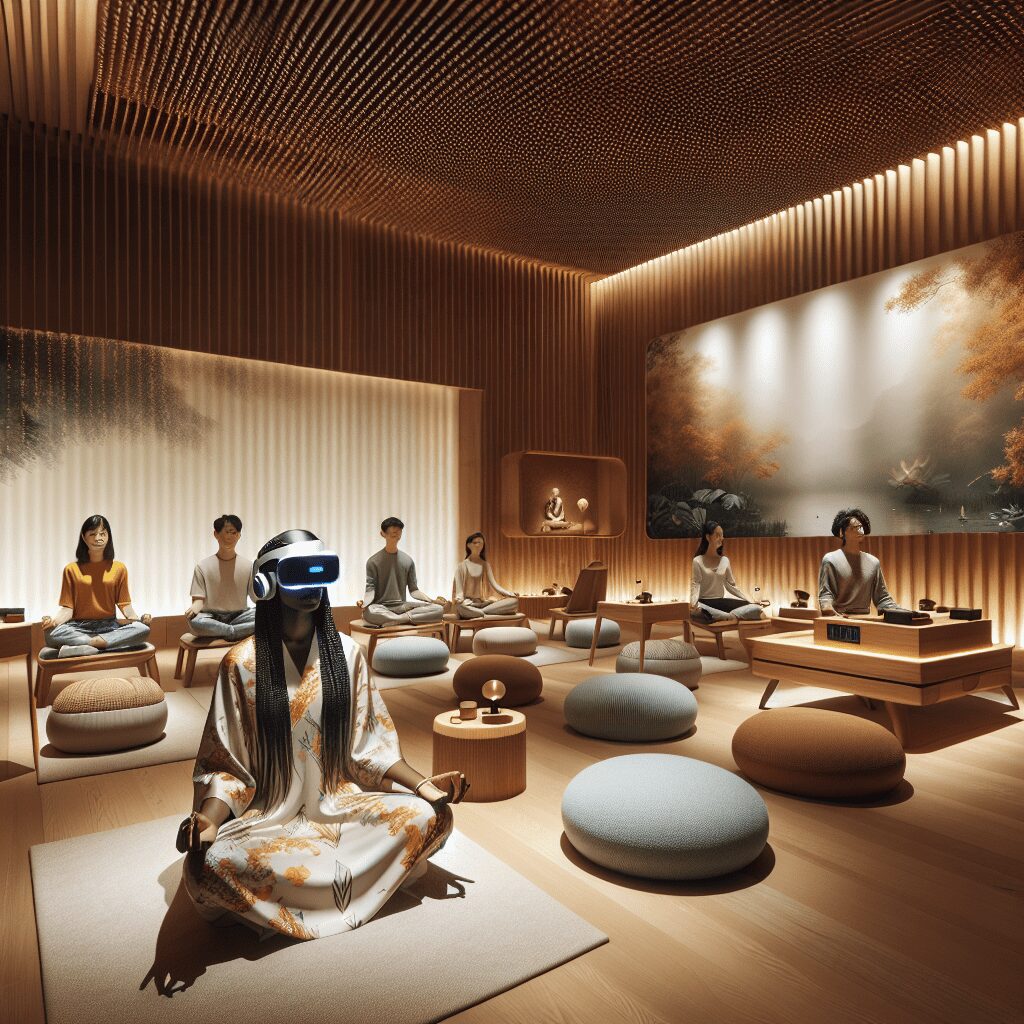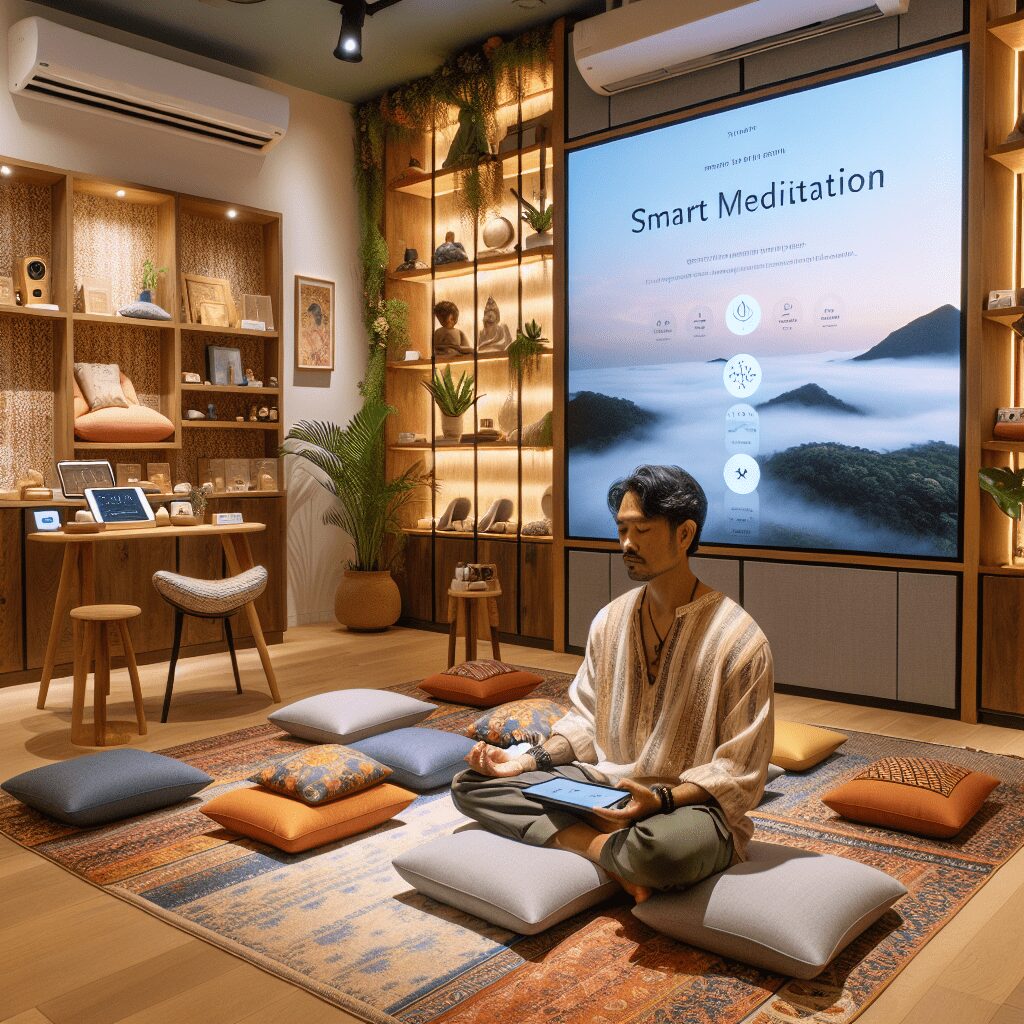
Prioritize your mental well-being daily. Enhance your life by nurturing your mental health with the Smart Meditation app. Break free from stress, alleviate anxiety, and enhance your sleep quality starting today.
Does Coffee Increase Anxiety?
The Buzz Behind the Bean: Examining Coffee’s Connection to Anxiety
Ah, coffee – that rich, aromatic brew that kick-starts our mornings and fuels our productivity. From the steaming cup cradled in our hands on a chilly morning to the quick espresso shot that jolts us back to life after lunch, coffee is more than just a beverage; it’s a ritual, a comfort, and for many, a necessity. But as we sip on our favorite caffeinated concoction, a nagging question bubbles up from the depths of our over-caffeinated brains: Could this elixir of energy be the culprit behind our jittery nerves and racing heartbeats? Let’s dive into the heart of the matter and separate the facts from the froth.
The Caffeine Connection: A Double-Edged Sword
First thing’s first, let’s get down to the nitty-gritty of what’s swirling around in that cup o’ joe. The main suspect in the case of coffee-induced anxiety? Caffeine. This stimulant is famous for its ability to keep us awake, alert, and on our toes. But hold your horses before you start eyeing your coffee machine with suspicion. It’s not all doom and gloom.
Caffeine works by blocking adenosine, a neurotransmitter that promotes sleep, thereby keeping us in a state of alertness. The plot thickens, though, as it also ramps up the production of adrenaline and dopamine, giving us that much-coveted energy boost. However, this is where the scales can tip from vivacious vigor to vexing vigilance.
Here’s the kicker: Too much caffeine can lead to a symphony of symptoms that mimic anxiety, including:
- Heart palpitations
- Sweaty palms
- Feeling jittery or shaky
- Insomnia
- Dizziness
- And, you guessed it, increased anxiety
So, it seems our beloved brew can be a bit of a frenemy, eh? But wait, there’s more to this complex concoction.
Brewing a Balance: How to Have Your Coffee and Drink It Too
Fear not, fellow coffee enthusiasts! It’s not all about cutting ties with your cherished cappuccino. It’s about striking a balance. Here are some tips to keep your coffee habit from turning into a nerve-racking nightmare:
-
Know Your Limits: Listen to your body. The FDA suggests a maximum of 400 mg of caffeine daily for most adults — that’s roughly four 8-ounce cups. But remember, everyone’s tolerance varies.
-
Timing is Key: Try not to fuel up on caffeine too late in the day. It can mess with your sleep, and poor sleep can, in turn, increase anxiety. Talk about a vicious cycle!
-
Quality Over Quantity: Instead of chugging several cups of mediocre coffee, savor one or two high-quality, flavorful brews. Enjoyment over sheer volume!
-
Consider Alternatives: On those days when your anxiety feels like it’s on a tightrope, perhaps opt for a lower-caffeine option like tea or a decaf version of your favorite coffee.
-
Hydrate: For every cup of coffee, drink a glass of water. It’s easy to get dehydrated when you’re downing cup after cup, and dehydration can also exacerbate anxiety symptoms.
To cut a long story short, while coffee can indeed rev up those nerves if consumed in excess, it doesn’t mean you need to swear off your daily java ritual. It’s all about mindful consumption and listening to your body’s cues. So go ahead, cherish that morning ritual or that pick-me-up cup in the afternoon — just keep an eye on the intake and perhaps switch to a jitter-free version if you’re feeling on edge. Here’s to enjoying the buzz without the buzzkill!





